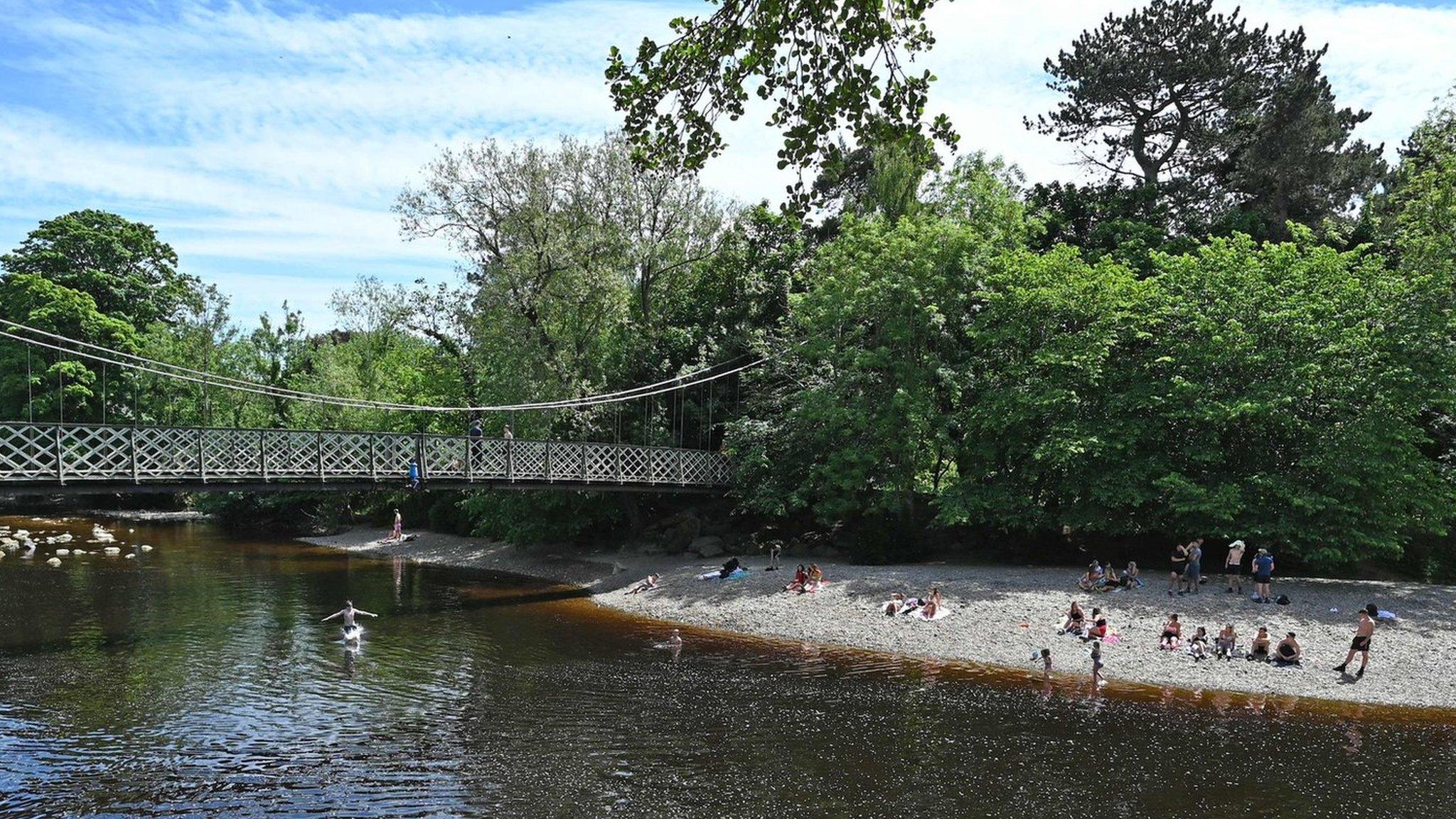Government tells water companies to reduce amount of sewage released into British rivers
- Published
- comments
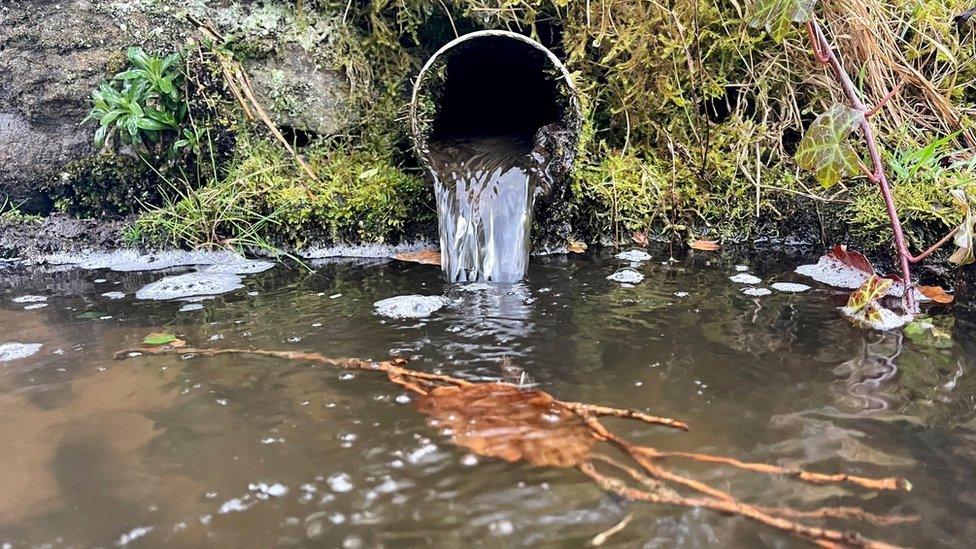
Campaigners are concerned about the impact of sewage on British rivers and seas
Last week politicians in England voted in Parliament to continue to let water companies release raw sewage into British rivers, seas and beaches.
Even though this practice is legal and has been happening for a long time, the result of the vote was controversial.
However, after a lot of backlash from the public and pressure from the House of Lords, the government will now force water companies to reduce the amount of sewage it dumps in rivers.
The Environment Secretary George Eustice said: "We've listened to the debate in Parliament [and] we will write what was already government policy into [law] to give people the reassurance they seek."
What did government say last week?
Many people and environmental groups wanted to see tougher rules in place that would force water companies to reduce the amount of sewage they are allowed to dump.
But politicians who voted not to bring in tougher laws said the changes could cost the UK billions of pounds and they think there are already enough rules in place.
But what is raw sewage and why is it a problem? Find out more below.
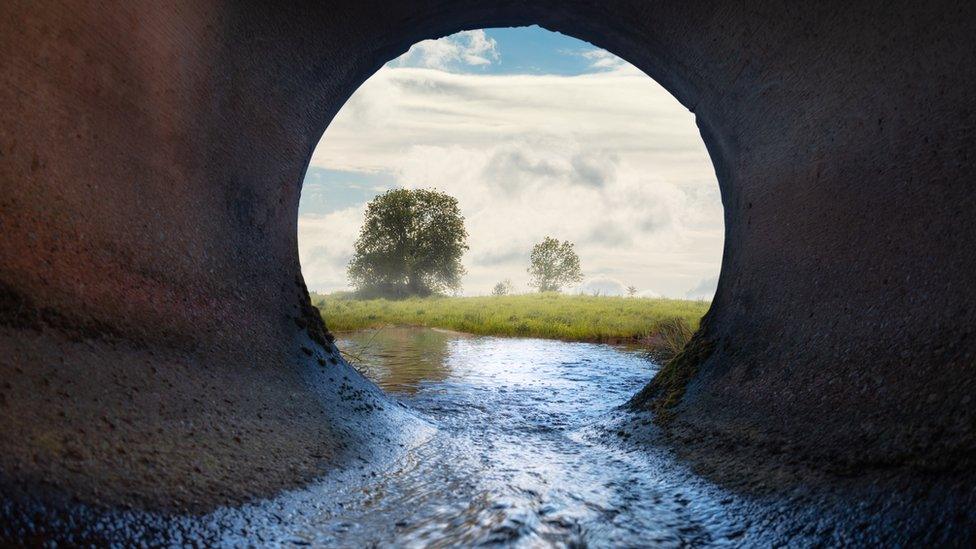
Sewage is allowed to be released into rivers and streams in certain situations
What is raw sewage and why is it released?
Raw sewage (what humans flush down the toilet) is a source of water pollution.
Water pollution is caused by releasing harmful substances into rivers, lakes and seas.
The Environment Agency, which is the organisation that is in charge of the water quality in England, allows water companies to release this sewage into rivers and streams in some situations like after extreme weather events such as long periods of heavy rain.
This protects houses and other properties from flooding and prevents rising sewage levels from backing up and overflowing into streets and people's homes.
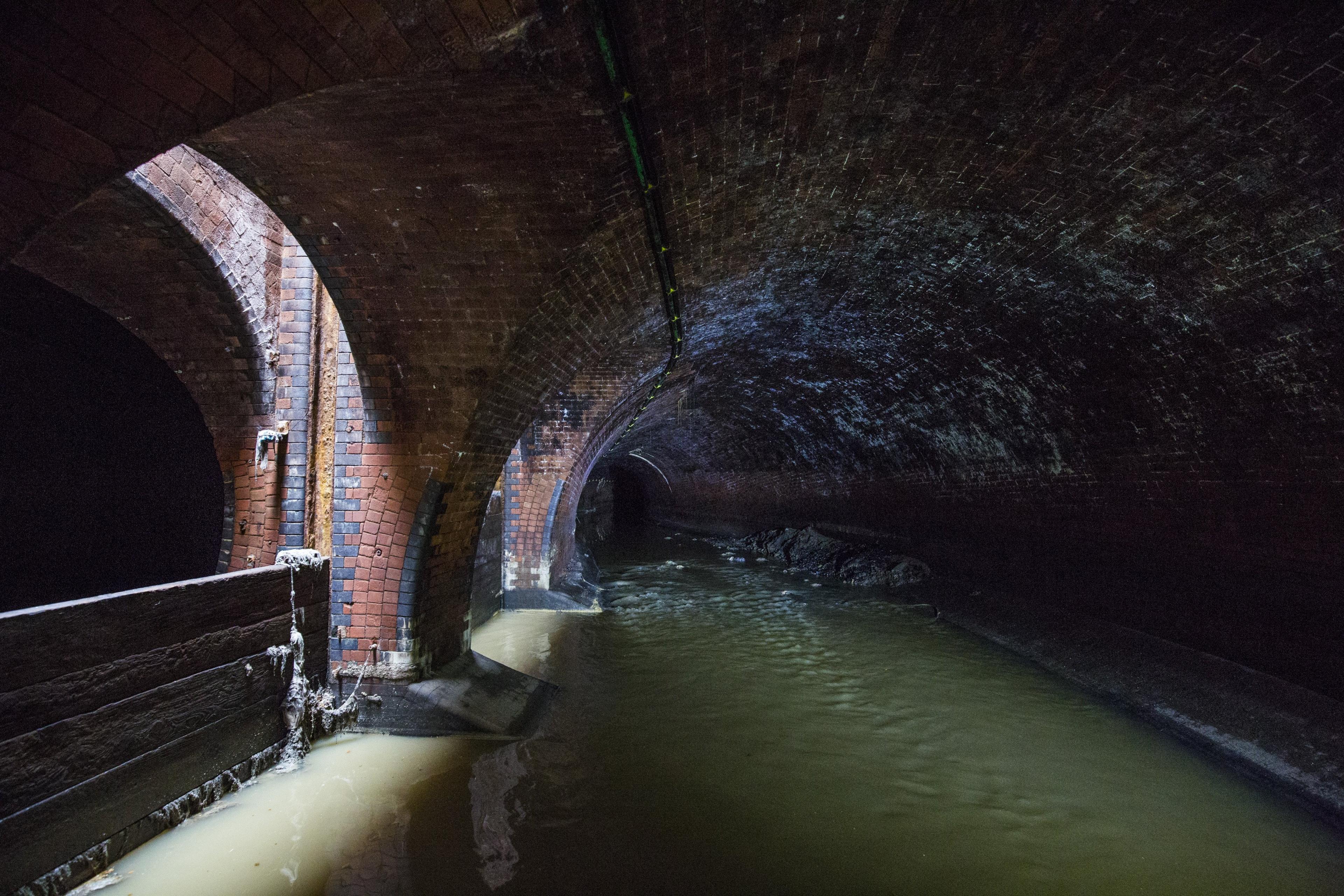
Some of London's sewers date back to Victorian times!
Why is it a problem?
Usually any raw sewage or dirty water from your home (such as when you flush the toilet or when you wash your hands) travels in underground sewer pipes and tunnels to a place called a sewage treatment plant.
Here any big bits of rubbish in the dirty water, like toilet paper, is removed.
Then lots of oxygen is added to the sewage by stirring the waste or by injecting it with air. This allows the sewage to be cleaned before being released into a river or the sea.
However, if raw sewage gets into rivers without being cleaned it can contain rubbish, as well as viruses and bacteria that can be harmful to humans and toxic to fish, animals and other creatures that live in and around the water.
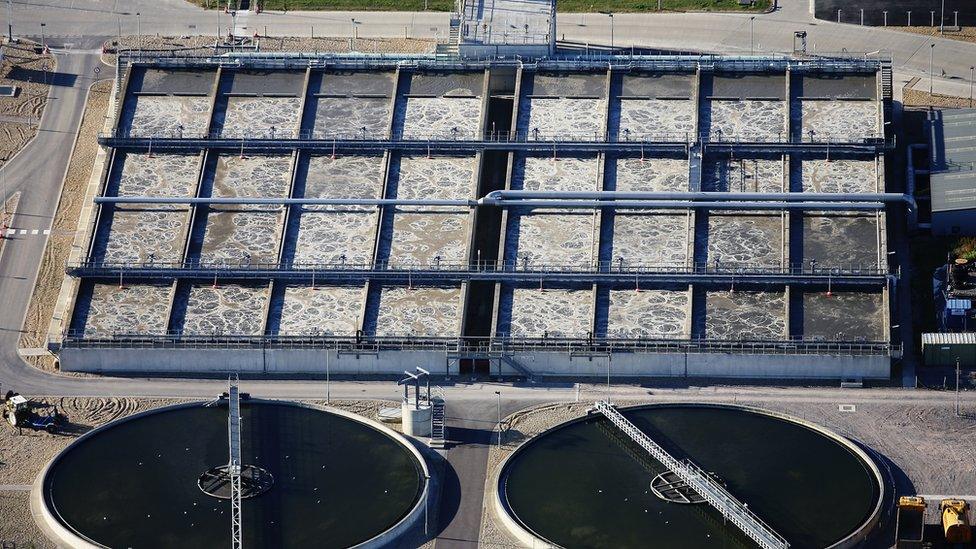
Waste water from homes, industry and agriculture is usually treated and cleaned in plants like these before being released back into the environment
Why are people worried?
The UK is hosting the COP26 climate summit in the Scottish city of Glasgow next week and many people want to see politicians taking more action on environmental issues.
Recent figures collected by the Rivers Trust, a charity which campaigns to protect river environments, show that all of England's rivers are currently failing to pass cleanliness tests, with 53 per cent of them failing at least partly because of water companies releasing sewage into them.
Water companies released raw sewage into rivers in England more than 400,000 times in 2020
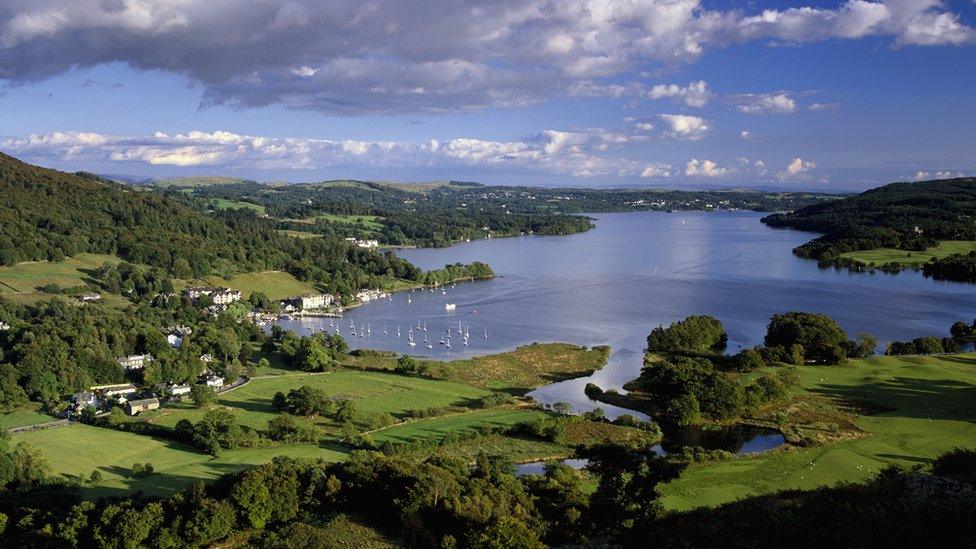
Lake Windermere is England's largest lake
What are the effects of sewage?
Environmentalists are worried that raw sewage is polluting rivers, lakes and beaches across the UK and causing a lot of damage to the water.
For example, campaigners say raw sewage that's being released into Lake Windermere in Cumbria has left the water quality so poor it is killing the fish and plants that live there.
One campaigner has started an online petition, that calls for a ban on sewage to be allowed to flow into Lake Windermere and for it to be the first lake to be given special protection. This would mean the Environment Agency would have to monitor water quality at the lake and the rivers which feed it.
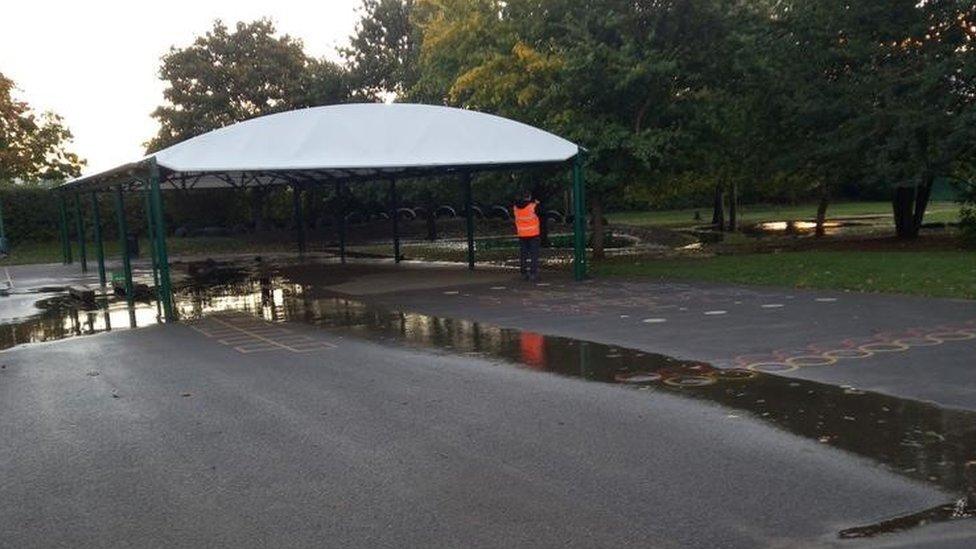
Sewage leak at a Primary school in Oxford last week
When sewage water leaks from underground pipes it can also cause a problem.
A primary school in Oxford had to close last week due to raw sewage spilling out onto its playground.
And a seaside fireworks display in Southend-on-Sea in Essex has been cancelled this weekend after a big blockage in a pipe caused smelly dirty water to flow into the streets.
People have also been told to avoid three beaches in the town as a result of the sewage leak.
There is still a possibility that changes to the current water company rules on raw sewage could change as Politicians will get another chance to vote later this week.
Let us know what you think in the comments...
- Published21 October 2021
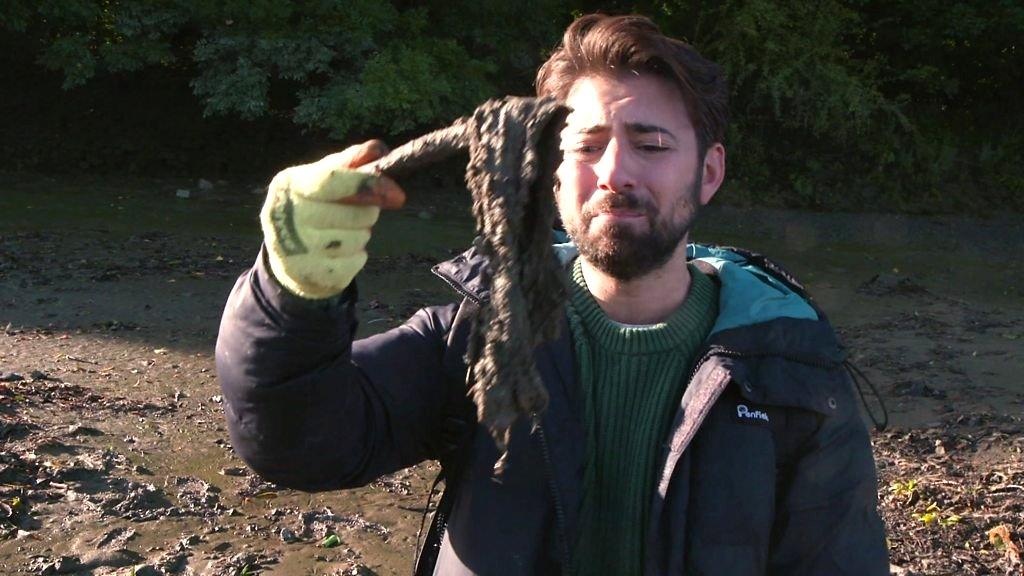
- Published1 December 2019
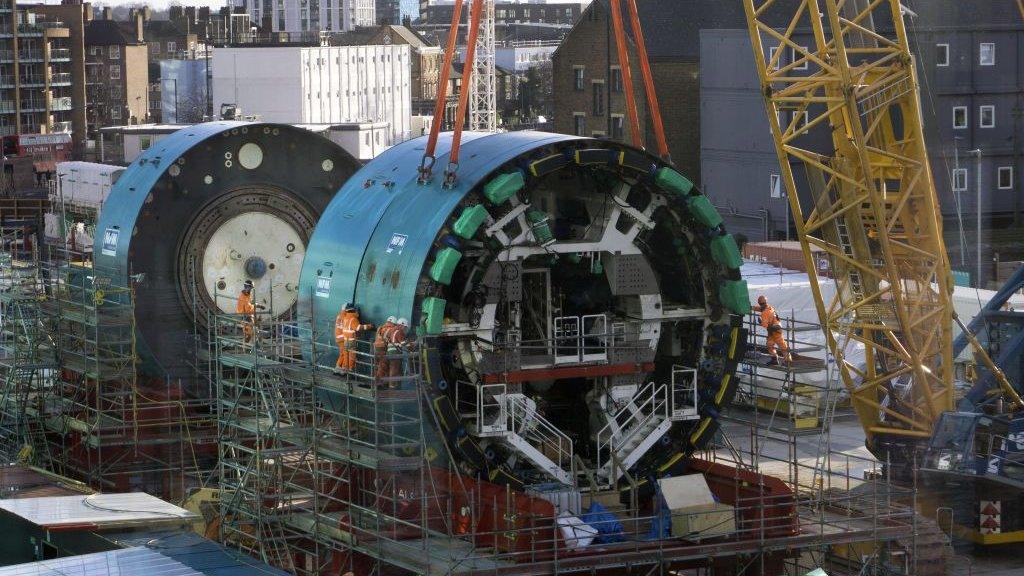
- Published22 December 2020
